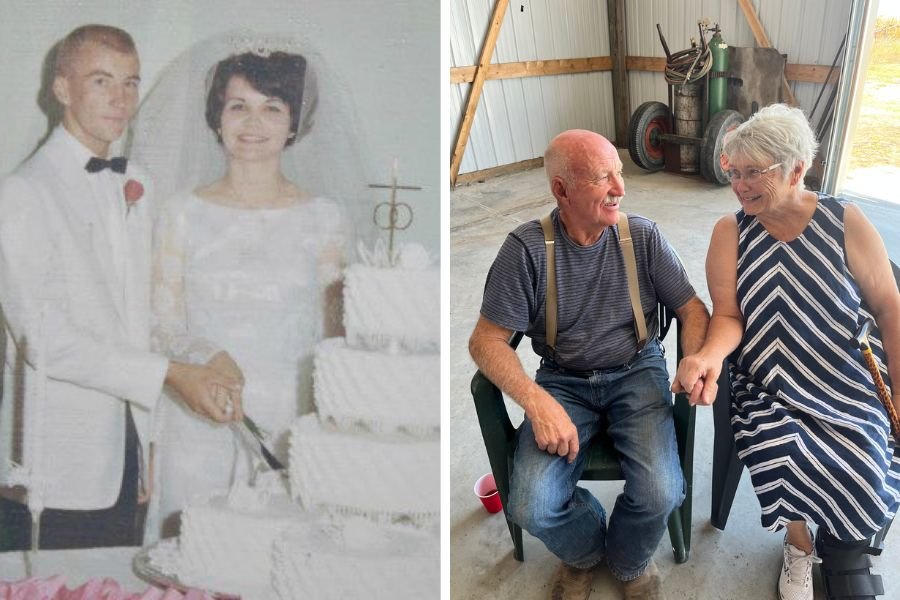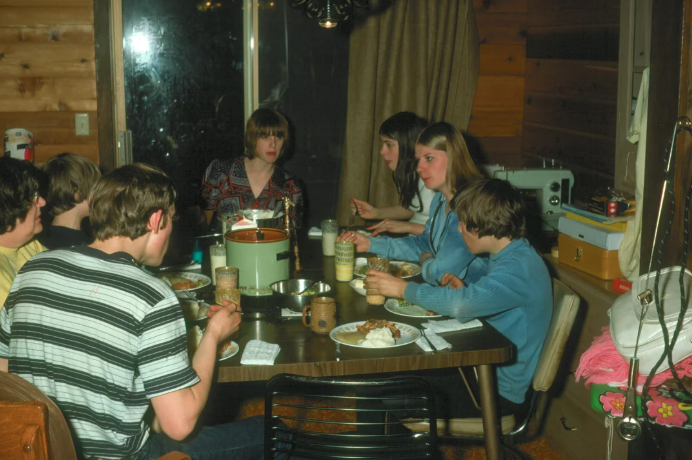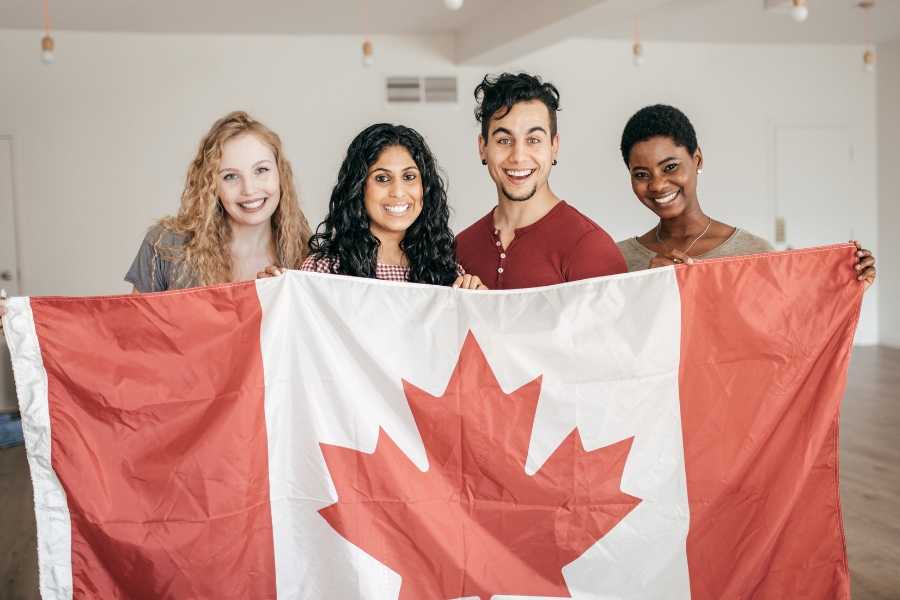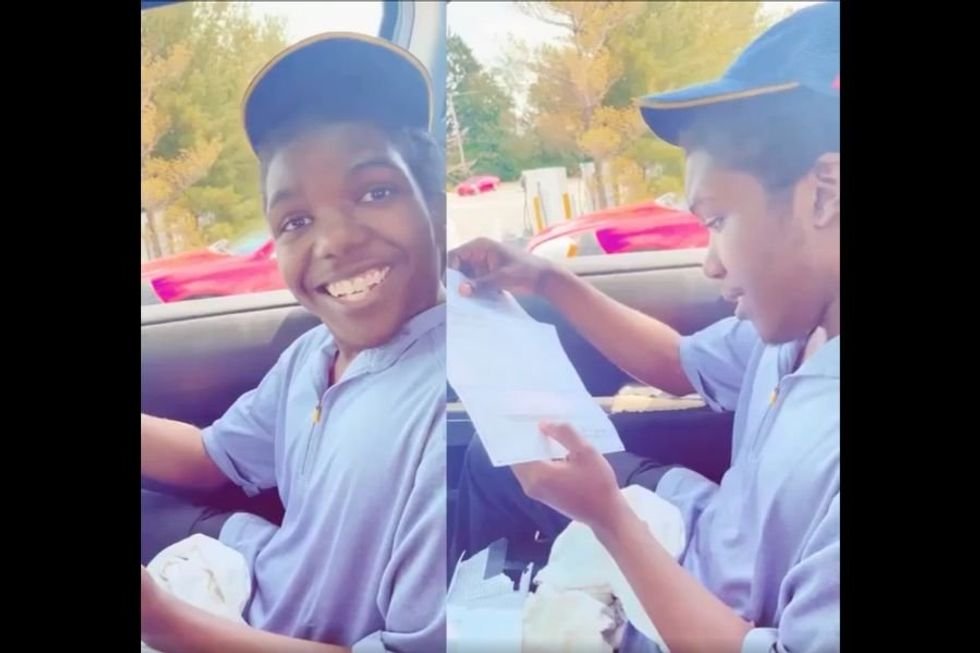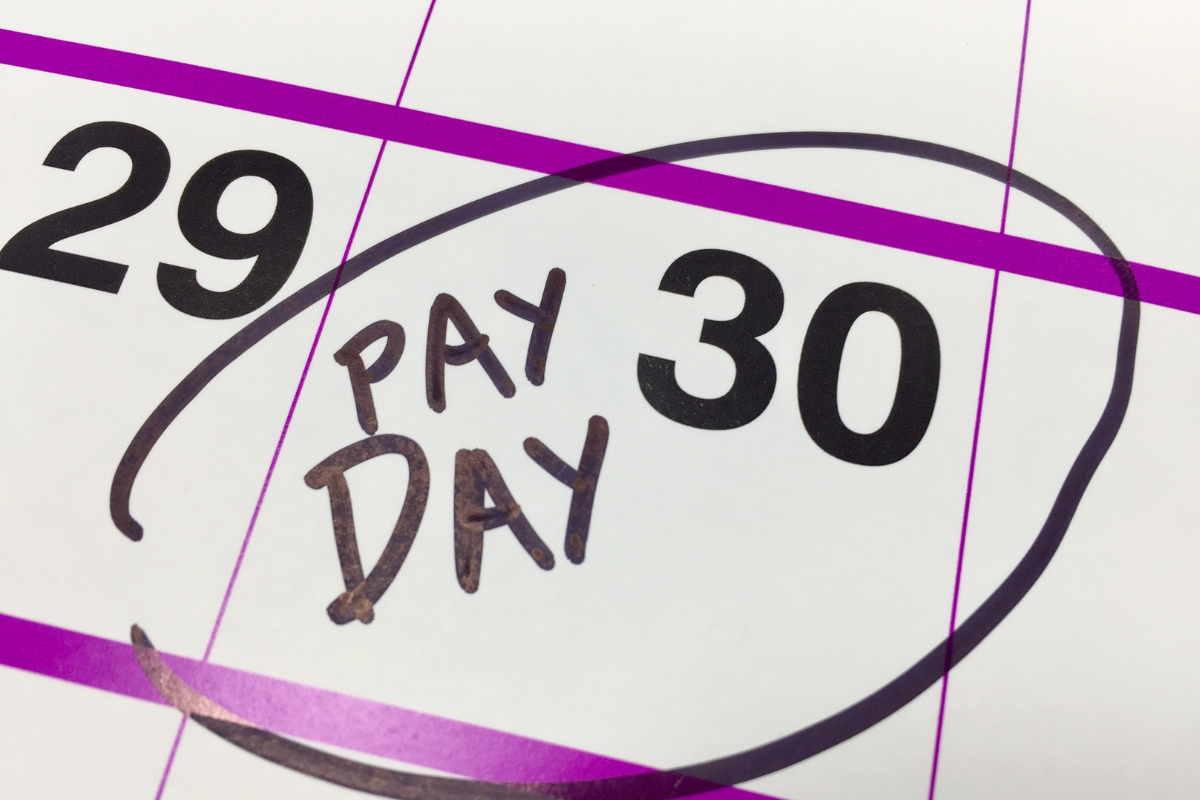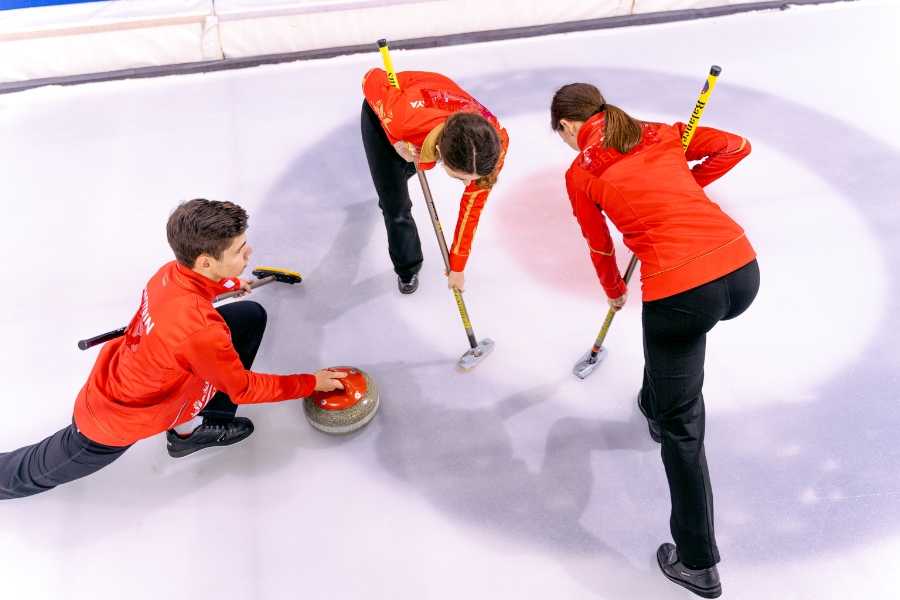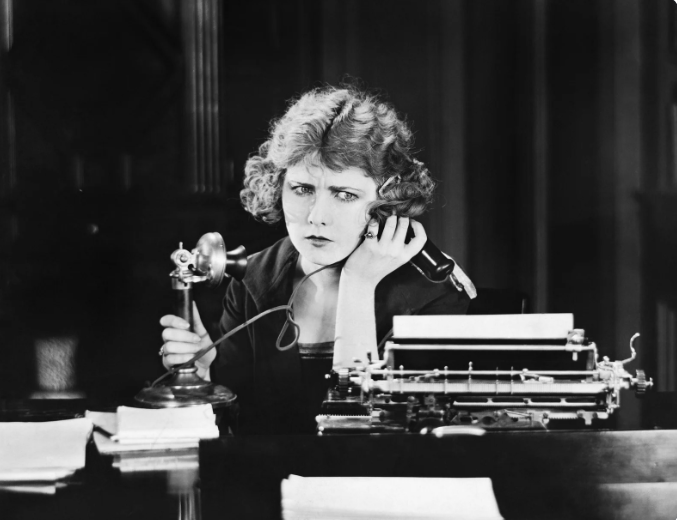People often talk about how difficult relationships can be. When talking about long lasting marriages and relationships, the word “work” comes up quite a bit. It can make it seem like there’s no fun to be had in lasting commitments. After the white dresses, three tiered cake and honeymoon, it’s time to pull on your tall rubber boots to sludge through the mud of a long term relationship.
But no one gets married because they’re looking forward to how much work the relationship will be. Outside of being in love, people marry because the person makes them laugh, they’re smart, thoughtful, compassionate and so much more. With all the tales about the hard dredging work of marriage, some may be relieved to hear of a letter from someone married for nearly 60 years that doesn’t mention toiling away the years to stay together.
Keith and Linda Waechter have been married for 57 years, and recently, Linda decided to write a letter to their four daughters detailing how they have maintained a loving, happy and healthy marriage. One of their daughters, Leslie Means, shared the letter chalked full of sweet gems to social media in hopes to spread the heartfelt marriage advice.
The letter starts off sweetly, clearly communicated from a loving mother with a close relationship with her children hoping to impart wisdom.

“Dearest Daughters,
How do I explain the commitment your father and I feel to each other and this marriage?
First and foremost, we love each other more with each passing day. The love I feel today is so much greater than the mesmerizing love of our wedding day. I still get a butterfly in my stomach when I hear the click of his boots when he walks up the sidewalk of our new home, just as I did as a newlywed in the cockroach-infested basement apartment of our first married days. Granted, the cadence of the steps has changed due to the aging process, but it still fills my heart.
Even though my hair has lost its color and my body has lost the shape and gait of my youth; I have no doubt that your father loves me as I love him. As one ages, the commitment made on your wedding day becomes even more important as you change your habits to help your partner face changes in their life. This is a commitment to both of you as you are enveloped in the experience of marriage,” Waechter writes.

Within that first paragraph readers can already palpably feel the love Linda still has for her husband Keith. But it was the sweet details of how they’ve made their marriage last for more than a half century that stands out. Here are the five takeaways to maintaining a healthy relationship according to Waechter.
Best friends with a small caveat
The devoted wife explains that her husband is her very best friend and the first person she wants to share information with but emphasizes the importance of having another friend in your corner.
“I also believe it is very important to pursue the friendship of at least one other couple with whom you can talk things over. Sometimes the thoughts of a worry or hurt feelings just have to be verbalized to be understood. If you are so fortunate as to have more than one couple as intimate friends, then you are doubly blessed,” she shares.

Roadtrips aren’t just for adventure
Waechter explains that taking roadtrips together allows time for focus just on each other. There’s room for conversations on the way to your destination to deepen your connection. Plus, who isn’t a fan of a little adventure on a weekend getaway when possible? That alone can help reset tension that may have been building as your focus is on your partner without the normal daily stressors.
“Roll with the punches”
Figuratively of course. The mom shares, “We have in the past and continue today to “roll with the punches.” There have been arguments with heated disagreements. (We no longer bring up the subject of my indoor cat AND a dog.) We have compromised our own personal wishes to fit more closely with each other.”
Marriage is NOT 50/50
This may feel like a bit of a shock for some people but Waechter’s explanation makes a lot of sense. She tells her daughters marriage isn’t 50/50, “Sometimes it is 90/10 in your favor and then again it will turn to 90/10 in your husband’s favor. We respect each other’s wishes. We do not always agree, but we work for an eventual compromise. Commitment remains the watchword even at a time sprinkled with age.”
Creating time for physical intimacy
Before her adult daughters collectively choked on whatever liquid they were drinking while reading the wholesome letter, Waechter immediately clarified that she isn’t just talking about sex but it is included.
“Finding time for an intimate physical relationship (okay, don’t choke on the word – intimate), whether it be holding hands or dinner out has been a goal worked toward. And yes, dear granddaughter, Sarah, old people do have sex!”

When speaking with Upworthy about what the letter meant to receive, Means says, “It is such a gift to receive a note from our mom. We are grateful for her wisdom and guidance!”
Growing up witnessing how her parents loved each other is something Means doesn’t take for granted. She tells Upworthy, “Mom and Dad taught us about commitment and selfless love by showing it in their everyday lives. They showed up. Again and again. They put each other first and they let go of the little things that just don’t matter. For that we are forever grateful.”

The letter brought about many well wishes for a continued successful marriage while others agreed with the wisdom being shared. Keith and Linda married when they were both barely legal adults at 18 and 19, and while Linda shares in her letter that times have not always been easy, she never describes her marriage as something hard to work at.
While marriage advice isn’t a one sized fits everyone thing, the knowledge gained from being in a 57 year healthy and happy marriage is certainly something to consider. Here’s to many more happy years to come!

